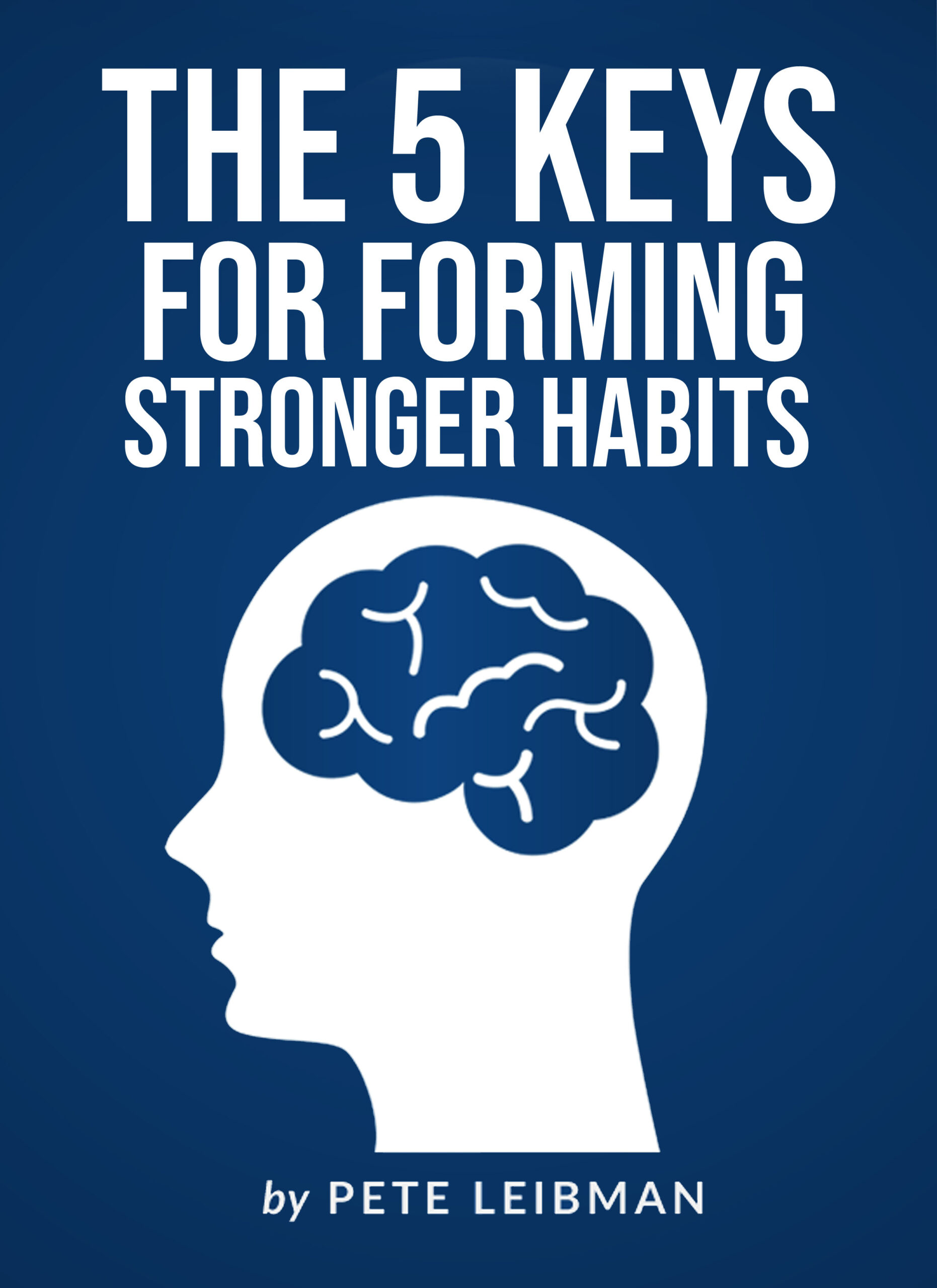
Many people believe that pessimism is always bad and that optimism is always good. However, what if a certain kind of pessimism can actually make you more likely to succeed?
In this article, you will learn about a concept that I refer to as Productive Pessimism. First, let me share an example of when pessimism is not productive.
When pessimism is not productive
As a senior in college, I was invited for an interview for a full-time job with a Fortune 100 company. They were the first employer (and the only one at that time) to invite me for an interview.
Leading up to the big day, I was worried they might ask me where else I was interviewing. However, rather than prepare an answer to this question, I simply hoped it would not come up.
Take a guess what the interviewer asked me less than five minutes into the interview.
I tried to create an answer on the fly. She probed a little further, and I got very flustered.
Feeling like I had blown the question, my confidence evaporated. The rest of the interview went downhill. Needless to say, they did not invite me back for another interview.
When pessimism is productive
Many failures in life can easily be prevented with better preparation in advance. Let me share another example.
I was recently invited to lead a corporate workshop about my book Work Stronger. Before the presentation, we discussed my IT requirements for the program. Nothing fancy. The company only needed to have a screen for my slides and a cord to connect my laptop (and slide show) with their screen.
However, when I arrived at their office, they did not have the right cord. They tried a few different ones, but none of them worked.
Had I not anticipated this potential obstacle in advance, I might have gotten flustered. However, as a backup, I had also saved my slide show to a flash drive. I brought it with me, just in case they had trouble syncing my laptop with their screen.
What if they had not been able to connect my flash drive with their screen? No problem. I had also brought a print-out of my slides as another backup.
100% optimism is foolish
Failing to consider what could go wrong is foolish.
Things will go wrong. Sometimes, it will be your fault, and sometimes it will be due to factors out of your control. Why not try to predict obstacles in advance, so that you can prevent and overcome them?
If you just think about what could go wrong, then pessimism is clearly unproductive. On the other hand, pessimism becomes productive when you think about what could go wrong, and you also think about how you will handle those obstacles.
Productive pessimism makes you more likely to succeed. It also helps you approach any experience or challenge with supreme confidence. When you have already considered and planned for potential obstacles, what is there to be nervous about?
Examples of when to use Productive Pessimism
There are all sorts of times when Productive Pessimism will work in your favor. Here are some examples:
- Before a job interview or important meeting: Think about what questions or objections the other person/people might have. Then, determine how you could answer those questions and objections.
- Before a presentation: Think about potential IT issues or other challenges that could surface. Then, determine how you could prevent and overcome those obstacles.
- Before launching a new business: Think about why your venture could fail. Then, determine how you could prevent and overcome those obstacles.
- Before attempting a physical challenge: Think about what could cause you to get hurt or to have a poor performance. Then, determine how you could prevent or overcome those obstacles.
Summary and final thought
Assuming things will work out is foolish. Things will go wrong.
Always ask yourself what could get in the way. Then, determine how you can prevent and overcome those potential obstacles. When you do that, pessimism is productive, and you are more likely to succeed.
P.S. If you enjoyed this article, you can share it by clicking a social media icon on this page.

Free eBook and Newsletter
Download my free 40-page eBook on “The 5 Keys for Forming Stronger Habits.”
You’ll also receive my free weekly newsletter on how to become your strongest self.
Your email is safe. Unsubscribe anytime.
About the author: Pete Leibman is the Creator of StrongerHabits.com. He is a best-selling author, keynote speaker, executive recruiter, athlete, and peak performance coach. His work has been featured on Fox News, CBS Radio, and CNNMoney.com, and over 500,000 people across the world have read his articles.

